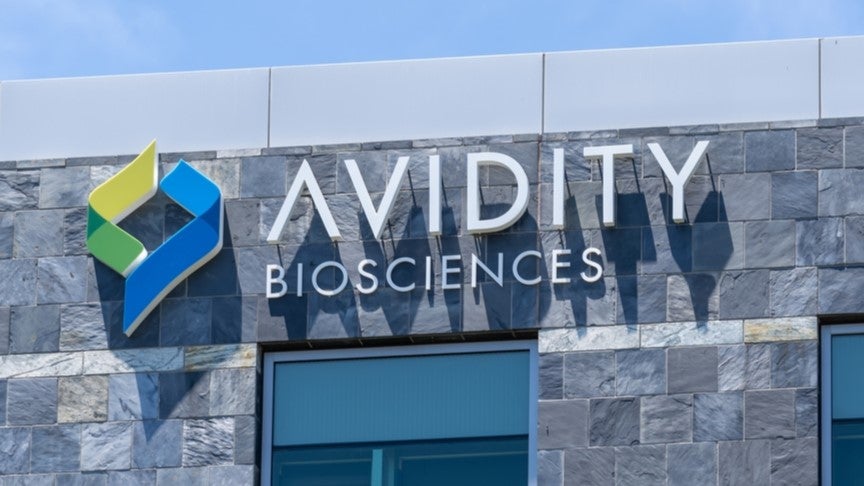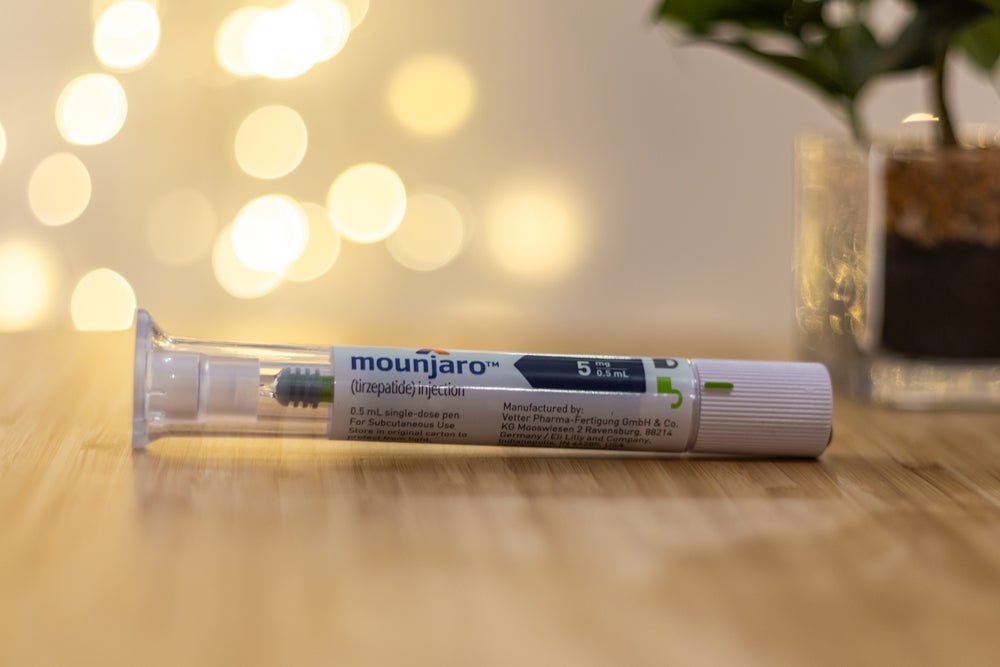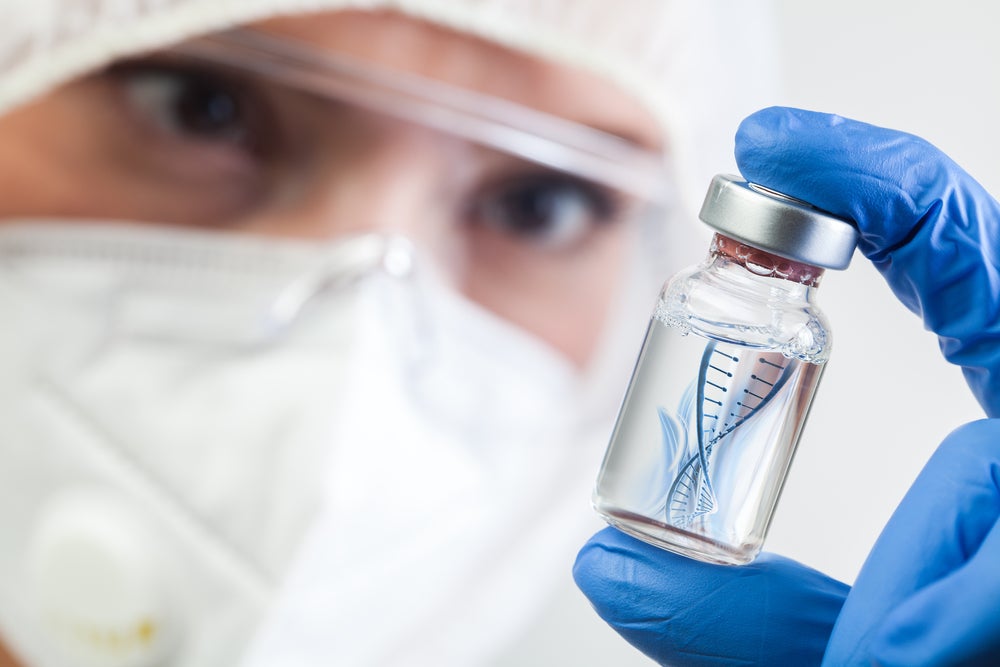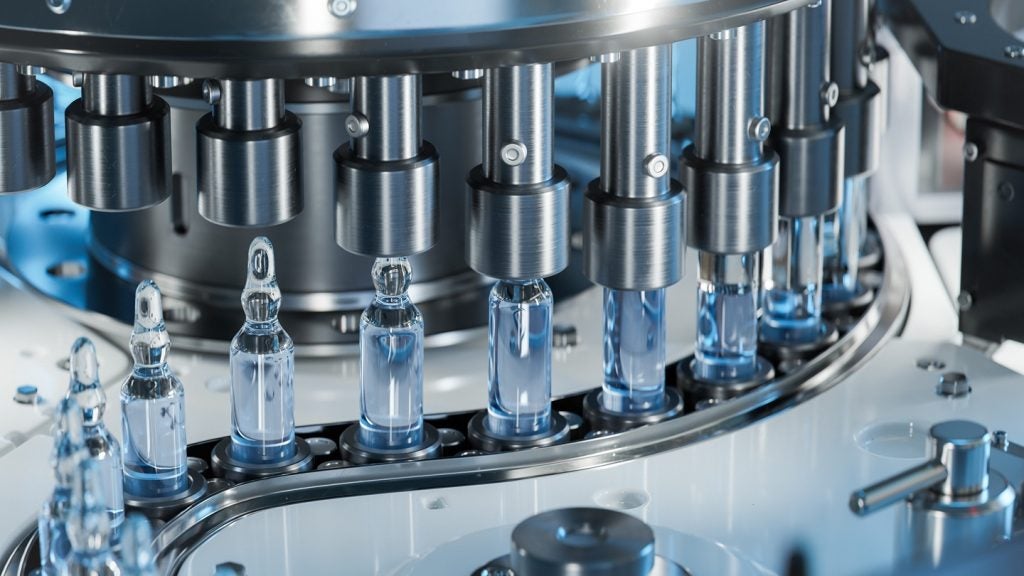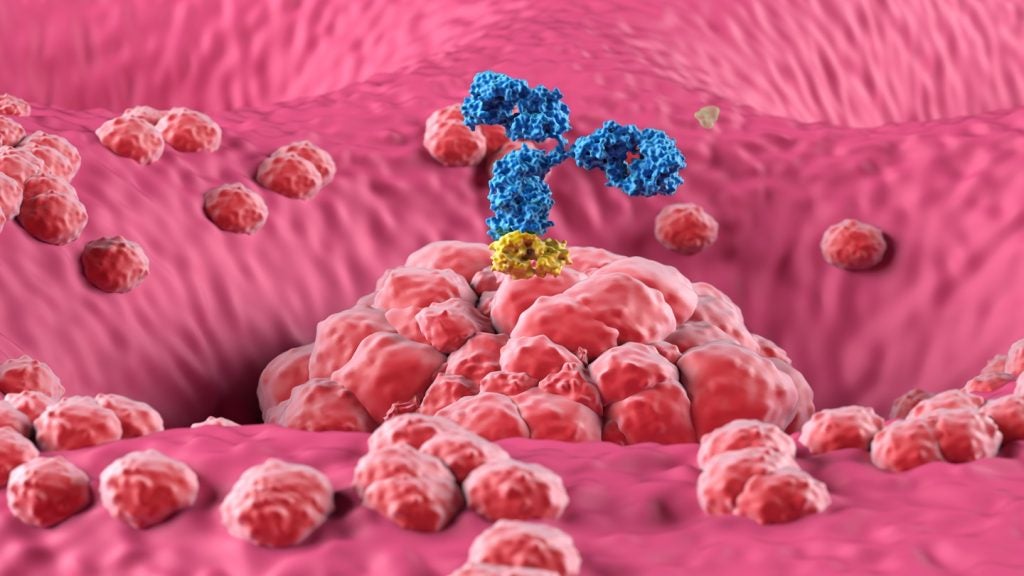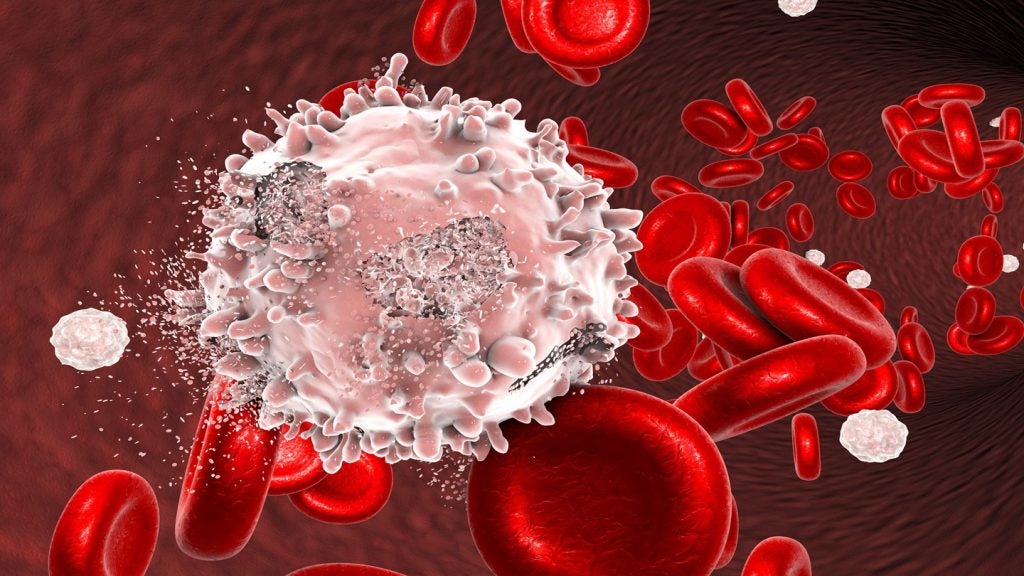The US Food and Drug Administration (FDA) has lifted the partial clinical hold on Avidity Biosciences’ investigational drug, delpacibart etedesiran (del-desiran).
In 2022, the US regulatory agency placed a partial hold after a report of a serious adverse event in a newly enrolled patient in the Phase I/II MARINA trial (NCT05027269), which evaluated del-desiran in patients myotonic dystrophy type 1 (DM1). The company did not disclose the details of the adverse event and the US FDA eased the partial clinical hold the following year, allowing the company to recruit new patients.
The clinical hold has not slowed down Avidity’s efforts to advance the clinical development of del-desiran in DM1. Earlier this year, Avidity started a pivotal placebo-controlled Phase III HARBOR trial (NCT06411288). The study is expected to enrol 150 participants with DM1 who will be assessed over 54 weeks. The trial’s primary endpoint is the improvement of myotonia over 30 weeks, measured using video Hand Opening Time (vHOT), the average time to extend the right third and first digits.
The study’s secondary endpoints also include the functional assessment of myotonia across 30 weeks, including hand grip strength, quantitative muscle testing composite score and Myotonic Dystrophy Type 1 activity and participation scale c.
Del-desiran is an antibody oligonucleotide conjugate (AOC) made up of a monoclonal antibody that binds to the transferrin receptor 1 (TfR1) conjugated with a small interfering RNA (siRNA) targeting myotonic dystrophy protein kinase (DMPK) mRNA, responsible for producing DMPF protein. If approved, GlobalData expects del-desiran to pull in over $1.2bn in sales by 2030.
GlobalData is the parent company of Pharmaceutical Technology.
mRNA vaccines were instrumental during the Covid-19 pandemic. Since then, there has been increased interest in mRNA therapies beyond the vaccines. GlobalData forecasts the mRNA non-vaccine therapeutics field to reach $2bn by 2028.
DM1 is a genetic disorder caused by a triplet-repeat in the DMPK gene. It primarily affects skeletal and cardiac muscle causing muscle weakness and wasting leading to respiratory problems, and cardiac abnormalities. There are no approved treatments for DM1 and management is mostly aimed at symptomatic treatment.
Another therapy in development for treating DM1 is AMO Pharma’s AMO-02 (tideglusib). The therapy is an irreversible inhibitor of glycogen synthase kinase 3 (GSK-3), it has the potential to disrupt the RNA repeats that cause congenital DM1. In May, AMO announced plans to start a Phase III trial for AMO-02 in DM1 patients.


